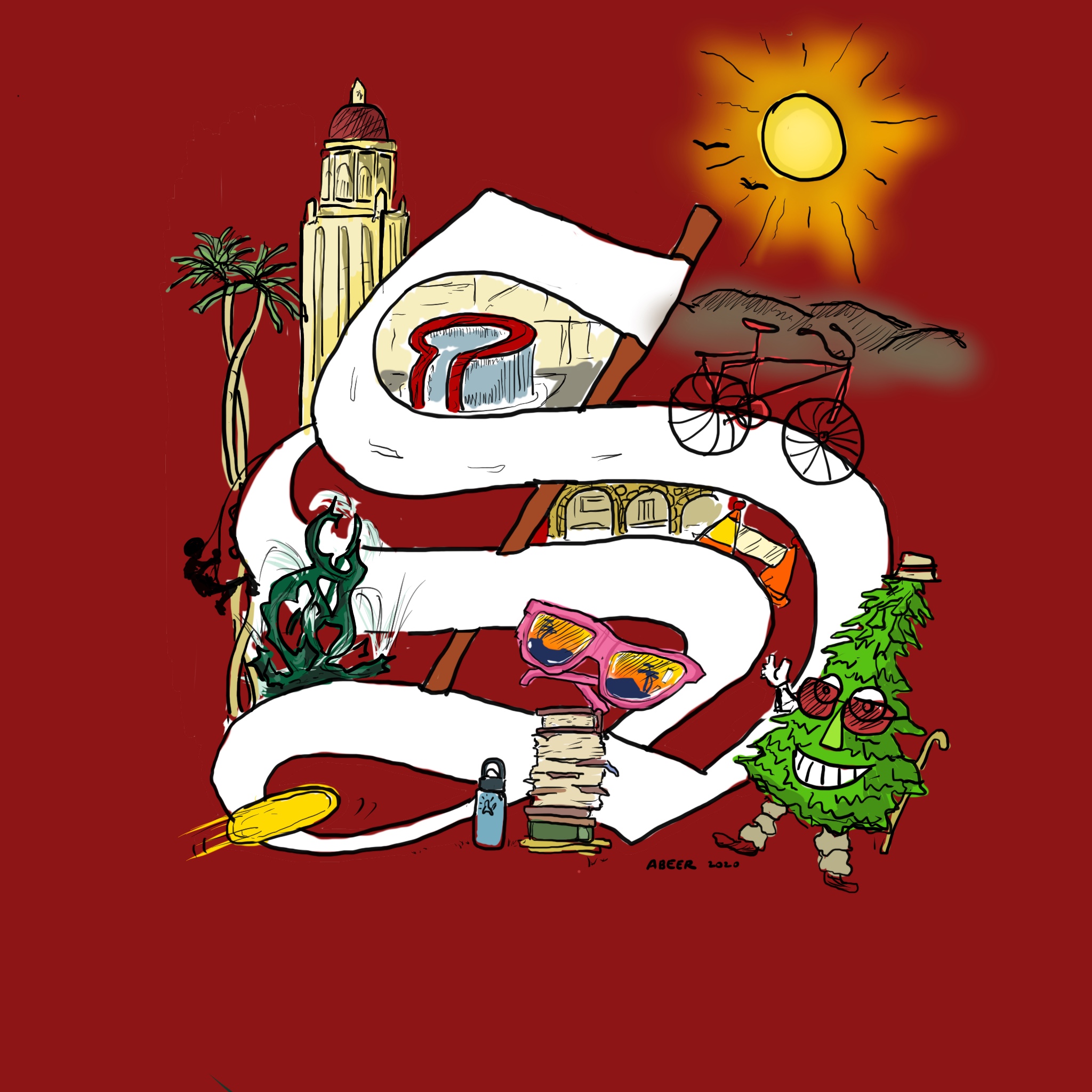
By Zach Naidu
The NBA will never completely fix its tanking problem.
Last Tuesday’s NBA Draft lottery is a perfect example of why.
It took them three years of losing more than 57 games, but the Phoenix Suns finally landed a number one pick — a pick that perhaps could prove to be a pillar of future success for what was once a perennial contender. In the grand scheme of things, three losing seasons for a franchise-altering talent is trivial. Just look at the Philadelphia 76ers. While prior to this season, the franchise had had four dismal seasons, the last one wasn’t with the intent to lose, as the team had already acquired franchise-altering talents Joel Embiid and Ben Simmons (who were injured for much of last season). Meanwhile, it took the Minnesota Timberwolves only one abysmal 66 loss season to acquire Karl Anthony-Towns via the number one pick and start forming a roster around him built to win and attract free agents.
In order to address the issue of teams like these intentionally losing games to have the highest odds of landing the number one pick in the draft lottery, the NBA changed its lottery system. The new system dictates the first four picks of the draft as opposed to three, and reduces the worst teams odds of acquiring the number one pick from 25 percent to 14 percent. This de-incentivizes teams to full-on sacrifice a season in hopes of a one-in-four chance to get a potentially game changing talent. There will probably be an increase in competitiveness given this tweak in the system. However, the fact remains if a team has two choices (1) fielding a sub-par roster in order to lose and increase its chances of acquiring a transcendent talent, or (2) field the best roster possible, which happens to consist of primarily players of replacement level sprinkled with just enough above average players to contend for a bottom playoff seed, a front office will be more inclined to choose the former.
This is simply because in order to progress deep into the playoffs and win championships, teams must have elite talent. At a minimum, two superstars are necessary to be in the championship conversation, but as the Oklahoma City Thunder, Houston Rockets and any team LeBron James has been on have proven this year, even that might not be enough. In other sports this isn’t necessarily the case. In football, the most direct path to success is to have an elite quarterback, but there are ways around it like having an exceptional offensive line that allows for a strong running game and possession control, or a punishing defense that eases a team’s offensive burden. A team without an exceptional quarterback will sometimes try one of these other strategies by going after key free agents to build a successful team, as opposed to intentionally losing games to get a star quarterback. As the Denver Broncos and Baltimore Ravens have shown over the years, this approach can work. This is not the case in basketball, where individual talent — and individual talent alone — trumps any amount of sound coaching or complex defensive scheme.
Yes, a well-coached team will sometimes beat the team with greater overall talent, just like the Utah Jazz did to the Oklahoma City Thunder, but eventually the most powerful of all the juggernauts prevail because but that’s what wins in the NBA playoffs. In a seven-game series, the team with greater talent has time to adjust to an upset loss and can falter as many as three times. In college basketball, this is not the case. Part of what makes the annual college basketball championship tournament so exciting is the magnitude of every single game: you lose, you’re out. It’s why 11th seeded Loyola — with a 57th RPI ranking in non-conference games — was able to win four non-conference games against higher ranked opponents en route to nearly winning the national championship. If Tennessee, the far more talented team, had had six more attempts to beat the Ramblers, they most likely would have ended Cinderella’s party before it even began.
The NBA has always struggled with teams intentionally fielding inferior rosters in order to lose games and acquire the best talent possible. Until the NBA implements some form of a March Madness-like format for its postseason — where one or two big wins is all it takes to trump a more talented team — tanking will always be a problem.





